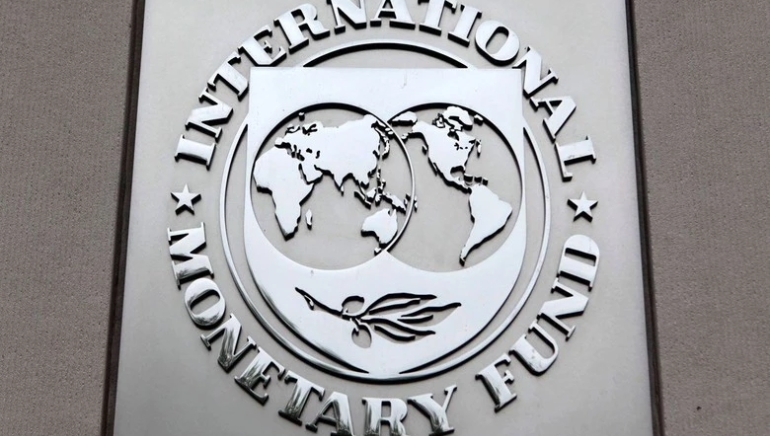The International Monetary Fund (IMF) and Serbia have agreed on a 36-month agreement to support the country’s ongoing economic reforms, the organisation stated on Wednesday. The agreement, known as a Policy Coordination Instrument (PCI), will help Serbia pursue reforms without providing direct financial aid. However, this arrangement may facilitate Serbia’s ability to obtain loans from other financial organisations.
The accord remains subject to approval by the IMF’s executive board. This comes after Serbia signed a two-year, €2.4 billion ($2.6 billion) standby agreement with the IMF. The new arrangement reflects the IMF’s confidence in Serbia’s economic prospects.
According to the IMF, Serbia’s growth rate is predicted to reach around 4.25% in the following years. The country’s financial sector remains strong, with the IMF noting that it is “well capitalised and liquid.”
Despite this, concerns associated with foreign demand and commodity prices may pose problems to Serbia’s economy.
The IMF emphasised that Serbia must maintain robust buffers against these uncertainties. The country’s foreign exchange reserves, government deposits, and stable levels of public and external debt, as well as its solid banking system, were cited as favourable characteristics.















